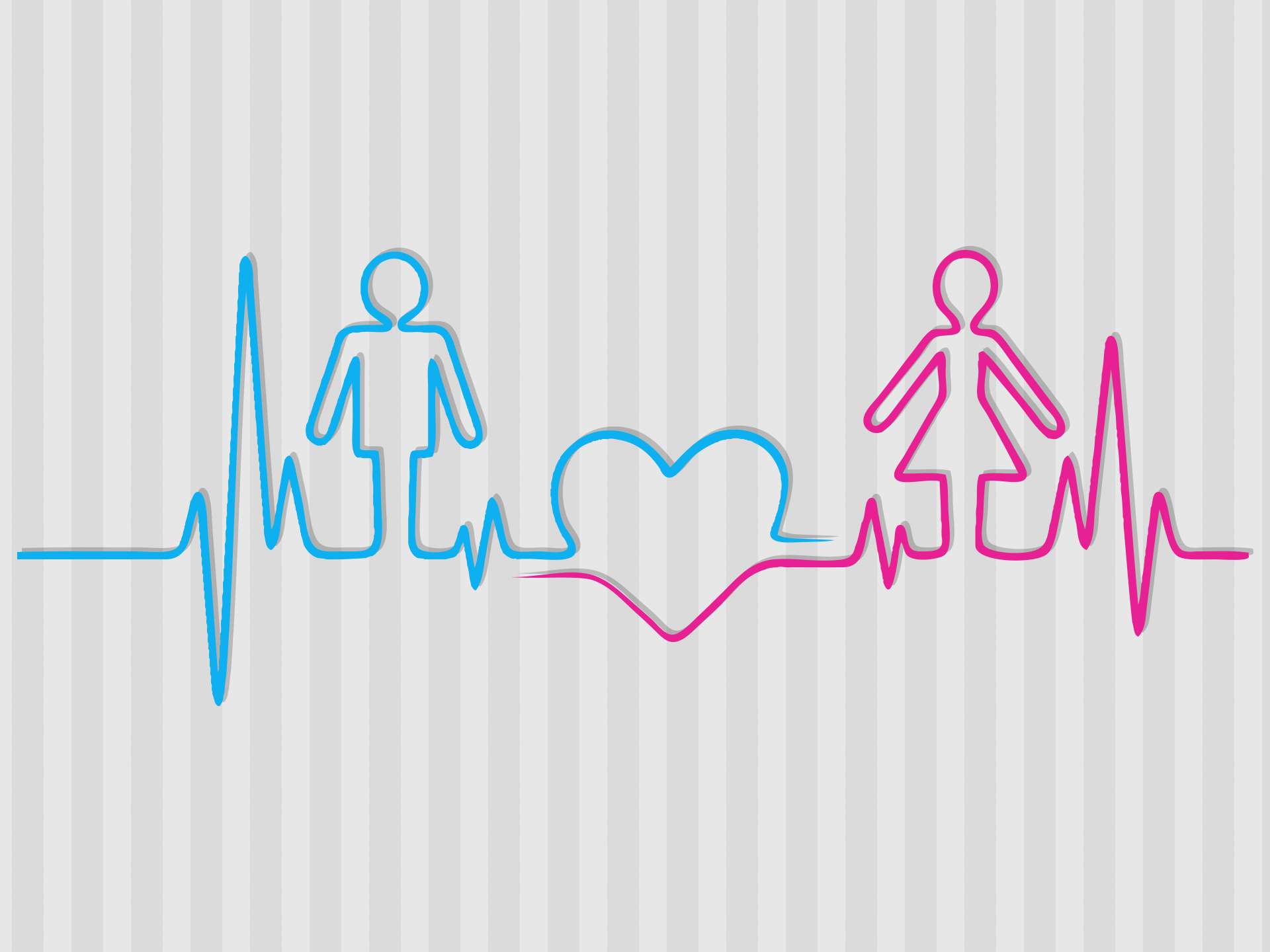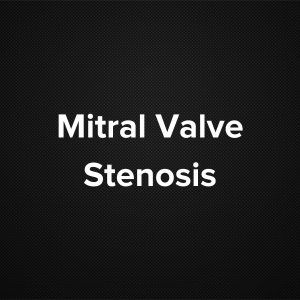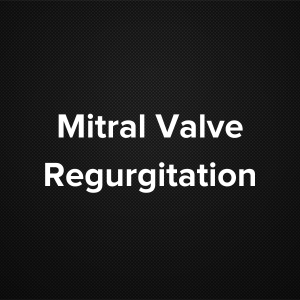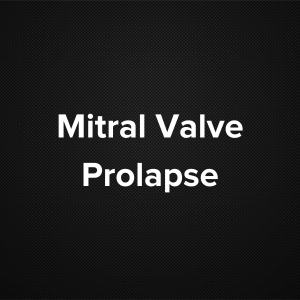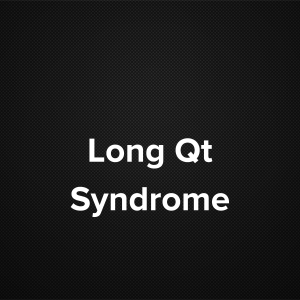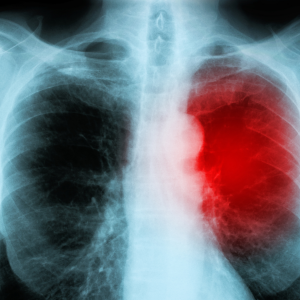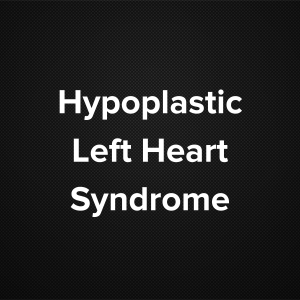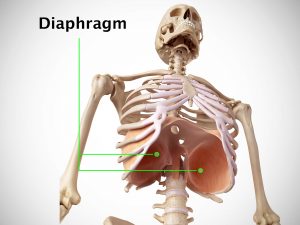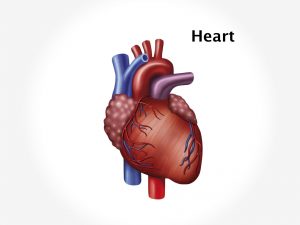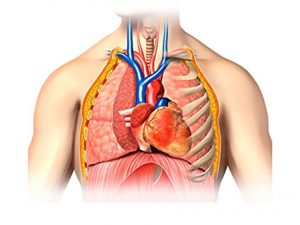The 2-D Echocardiogram
This is a non-invasive diagnostic test of the heart. An ultrasound is used to study the section of the heart, its chambers, the valves and the major blood vessels of the heart. Doppler is a part of the same test that is used to see the blood flowing through the heart.
The procedure:
The procedure is done by a technician. You will be asked to lie on the examination bed, preferably on your left. The technician then applies a colourless gel to your chest or to the transducer. The transducer is the gadget that the technician holds in his hand and moves over your chest. This generates images on a nearby monitor which the cardiologist later studies and makes his report.
The procedure takes up to 10 to 20 minutes.
The additional Doppler study takes 10 to 20 minutes more.
What the doctor expects from the 2-D Echocardiogram?
The 2 D Echocardiogram gives the following information:
- Size of the heart, the chambers, the volume and thickness of the walls.
- The shape, size and functionality of the valve.
- Congenital anomalies or birth defects.
- Blood clots.
- Abnormalities in the pericardium, the protective covering of your heart, significance of infection etc.
- Pumping rate of heart (ejection function), pressure in arteries etc.
The reasons why the doctor would ask you to get an ECG or 2-D Echo test done may be scary, but the tests per se are completely safe and not so scary!
The Electrocardiogram:
The Electrocardiogram or ECG is a non-invasive diagnostic test, done to study the electrical activity of the heart.
The procedure:
The ECG machine has 12 electrodes. These electrodes are attached to your chest region, wrists and feet. The clothing around the chest has to be removed and you would be provided with a sheet for privacy. The technician applies a colourless gel to the areas where the electrodes will be attached. The electrodes are attached to the ECG machine through wires. The machine records the electrical activity of the heart and produces it on a strip of paper. This strip of paper is preserved for the cardiologist to study and make his reports.
The test requires 5 minutes.
What the doctor expects from the ECG?
The actions of the heart are controlled by electrical impulses generated at several locations within the heart. The ECG helps to know the following:
- The causes for chest pain and/or palpitations.
- Functioning of the valves.
- Effects of drugs on your heart.
- Effects of external devices like a pacemaker.
- The functioning of the heart in people with diabetes mellitus, high blood pressure and family history of cardiac diseases.
